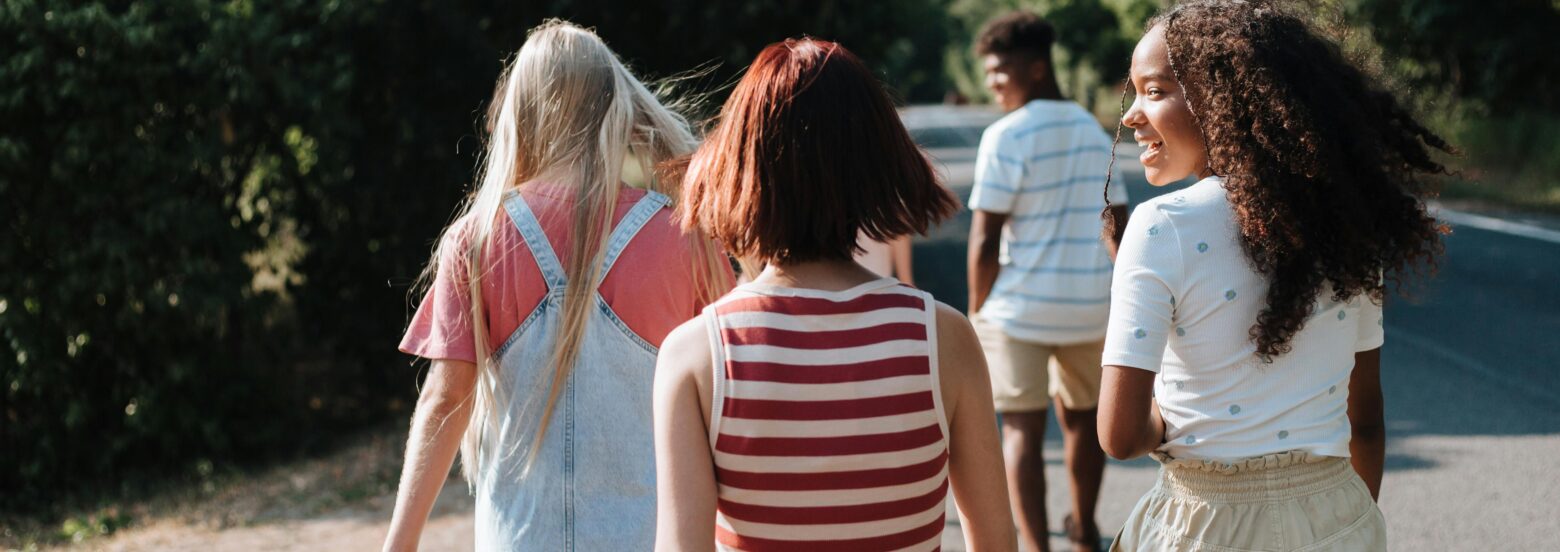Source: (5) The Nuance of Disability Pride | LinkedIn
While July is a month of festivity and celebration outwardly reframing the disability experience, it is also a time to take pause and reflect on some of the subtleties that define its everyday practice. I am reminded of the sentiment of psychologist Rhoda Olkin as she wrote, “I am bicultural. I live in two worlds – the nondisabled majority and my minority group’s world of the disability community.” But I would take this step further, even within the world of Disability Pride where the transformation of larger social forces from policy, technology, business, representation, and design are on one end of the spectrum, there is another side, and that is the intimacy of one’s relationship with disability. It is often the quietness of this type of relationship with disability that doesn’t get talked about enough. As someone born with a disability and spends a considerable amount of his professional life as an executive coach and psychotherapist, I have spent a lot of time inhabiting this quiet space of disability where anger, frustration, and fear are part of the everyday vernacular playing out across the arc of one’s daily life. Having a sense of Disability Pride is as much about understanding how to live out in the open with a sense of freedom and dignity while confronting the challenges that linger within one’s inner psyche.
There has certainly been a sea change when it comes to mental health over the past decade. Millennials and Gen Z as part of the social media ecosystem have taken it upon themselves to become much more candid and vocal by shedding light and openly discussing various issues ranging from anxiety, and depression to PTSD. This has dovetailed with a host of new online ventures providing mental health services and coaching. The need has always been there, but the stigma around mental health that was once a barrier has begun to dissipate. As those with disabilities seek a greater sense of self-confidence, and value across society, exploring the life of the mind is becoming paramount.
The great challenge over the next decade is the tension between outwardly pushing for an inclusive and accessible future for millions of people with disabilities while dealing with the psychological impact of collective and individual shame that has been passed down to this community over centuries. Whether working with individuals or organizations a central throughline has been dealing with shame and a level of indignity that has manifested itself in varying degrees. As we mark Disability Pride Month and look at the external metrics, I would suggest that we also take note of people’s psychological needs and explore strategies that build inner confidence, and the ability to love oneself.
The nuances of Disability Pride can be found in the conversations that have just begun between one’s inner self and the interaction with outside stimuli from greater social forces such as policy and business to everyday interactions from family dynamics, spouses, or even work colleagues. The fundamental question is how the disability community can utilize this level of reflection to create deeper connections that will define personal growth while helping to orchestrate societal change.
Categories: News